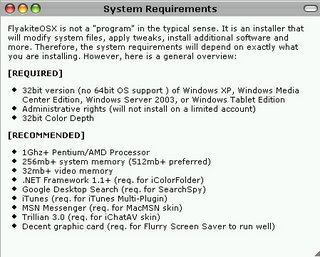Theory of Zuma

If you've been to the Temple of Zukulkan, Quetzal Quatl and Popo Poyolli on the same day without leaving your computer, then you've probably been playing Zuma.
I'm sure you already know this addictive game (pick up a copy or play it online at popcap games). As with any other puzzle-like challenge, when colors unite they explode! So your goal is to make the long chain of balls disappear - by shooting like-colored balls and creating chain reactions.
The thing is: the balls coming out don't seem (at least to me) to be doing so in a completely random manner. In the beginning it seems much easier to make combos because of the distribution of the balls as they come out. Also, the ball you shoot out frequently seems like it's the least favorable color you could have.
This makes me think there must be some algorithm that determines the color of the balls coming out, as well as the ball you will shoot out. I could spend months playing zuma full-time, registering endlessly the order in which colors come out and the ones you shoot and later analyze the data to try to crack the zuma code. But I have better things to smoke. Besides, it wouldn't be a real discovery (zuma's programmers already know how this works).
But in any case, imagine for once that you could know beforehand the sequence of balls that will come out, and the color of the balls you'll shoot. It wouldn't be too difficult to find a way to solve the puzzle with the best possible sequence (i.e. the one which makes the chain disappear faster - be it by making combos, hitting coins, etc.). This time taken to solve the puzzle in the best possible way I call the optimum time. So the idea is that given a sequence of colors, there is (at least) one solution to the puzzle which yields an optimum time.
If you've played zuma before, you know that when you finish it tells you your time (the time you just took to solve the puzzle) and an ace time (the time an "ace" would take to solve it). Sometimes you finish under ace time (by a lot) and wonder if you actually made a mistake, or actually achieved a perfect zuma (optimum time).
I think it would be a great addition to the Second Advent of Zuma (if the Zuma Gods ever wish it so) to add an "optimum time" after each puzzle (which, of course, would be variable because every puzzle is unique - or rather pseudo-unique :) ).
Once you've finished a game, the sequence of balls is known, and the computer could calculate what the optimum time would have been if you had made the right choices (hit the coins, make the right combos, use the gaps, etc.). Even cooler: a feature that would let you actually see (a sort of "replay") what you should have done to achieve the perfect zuma.
In hopes of living to see the second coming of zuma (imagine zuma on the wii!), I'll keep on playing Zuma Deluxe, the next best thing.
"The fact that no one understands you doesn't make you an artist."
"Honest criticism is hard to take. Particularly from a relative, a friend, an acquaintance, or a stranger."
- Zuma




